If you ask Tricia Boot why she hasn’t donated blood lately, she’ll say she really doesn’t know.
It just wasn’t top of mind for one reason or another.
“I actually haven’t donated blood in nearly two decades,” she said. “I used to regularly when I was in college.”
But Boot, who works in marketing and communications at Spectrum Health, recently grew motivated to donate after hearing how blood donations are most needed in the summer months.
“Working in health care communications, we often talk about the various needs of the communities we serve—and blood shortages are nearly always on that list,” she said. “I can’t help on the front lines like our clinical and patient-facing teams, but this is a small way I can support the health of the community.”
Being a human is tough right now, Boot said.
“There is a lot of bad stuff happening that we as individuals can’t control or stop,” she said. “This is a small act that can help someone in a meaningful way.”
The process of giving blood is simple.
You make an appointment online ahead of time and show up. Parking is a snap.
Walk right in and you’ll be greeted by a volunteer and escorted back for screening. You’re asked a series of questions about medications, as well as a few questions about sexual activity and travel history.
Before you know it, you’re in the chair and ready to donate.
Relaxing music plays in the background. Snacks, juice and bottled water are offered. There’s even on-demand espresso to take with you.
Boot relaxed in the chair at Versiti Blood Center of Michigan as a phlebotomist started a line and connected her to the machine that would collect a few viles and a bag of lifesaving blood. Boot squeezed her fist on a foam ball and the blood flowed freely.
She admitted feeling a little nervous ahead of time, but that quickly wore off.
“For me, it was just getting here,” she said. “For someone who is nervous, I would say don’t overthink it. And don’t get in your head too much. It’s fast and relatively painless. I would compare it to getting a shot or a vaccine.”
Several people she’s close to have needed blood for treatments or procedures in the past, so she knows quite well how blood is an important resource.
“I wanted to step up,” Boot said. “My dad used to donate blood all the time. He even made it to the gallon club. I’d like to follow in his footsteps.”
In no time at all, the machine beeped and she was all set.
Six minutes and 48 seconds to be exact.
“They have a pretty decent playlist here today,” she said. “I heard Prince earlier. And these reclining chairs are super comfortable too. I’d like one of these for watching movies.”
The selfless acts of donors like Boot make all the difference in the world, said Susan Smith, MT (ASCP), MM, vice president for laboratory services at Spectrum Health West Michigan.
“The voluntary support of our blood program is so critical to our support of our patients and community,” Smith said. “Blood is a precious resource with a finite shelf life. It is needed by most of our clinical service areas at the hospital.”
This includes emergency services, surgical services, oncology, NICU, pediatric services, transplant services, heart and chest pain services, and acute care.
Without blood donations, health care teams can’t take care of patients—many times in the moments of greatest need.
Dawn Kaiser, area vice president and director of donor services at Versiti Blood Center of Michigan, echoed Smith’s call to action.
Kaiser said there’s no substitute for blood and the need is high right now.
“We must rely on the community to donate lifesaving blood,” she said. “It’s likely that you or one of your family members will need blood in their lifetime.
“During the summer months in Michigan, we see less appointments for blood donation because Michiganders are out enjoying the beauty of the mitten. And unfortunately, that sometimes comes with more accidents and trauma, which is when blood is needed the most.”
Versiti Blood Center of Michigan needs 600 donors each day to maintain a healthy blood supply, Kaiser said. She encourages community members to roll up their sleeves this summer.
While all blood types are needed, Type O-negative blood—used to treat trauma patients in emergencies—is most critical. Only about 7% of donors have Type O-negative blood, making it extremely important for those individuals to donate, Kaiser said.
Versiti Blood Center of Michigan offers some interesting stats about blood use as it pertains to patient treatment in the U.S.:
Trauma patients
- Hemorrhage is the most common cause of death within the first hour of arrival to a trauma center.
- More than 80% of deaths in the operating room and nearly 50% of deaths in the first 24 hours after injury are a result of severe blood loss.
Cancer treatment
- More than a quarter of the U.S. blood supply treats patients battling cancer.
- More than 1.9 million people are diagnosed with a new cancer each year. Many of them will need blood during chemotherapy treatment.
Maternity and pediatric patients
- Transfusions are needed in 1 out of every 83 deliveries.
- Pediatric patients used 652,000 blood components.
- From 2006 to 2015, the rate of transfusions needed in childbirth increased by 54%.

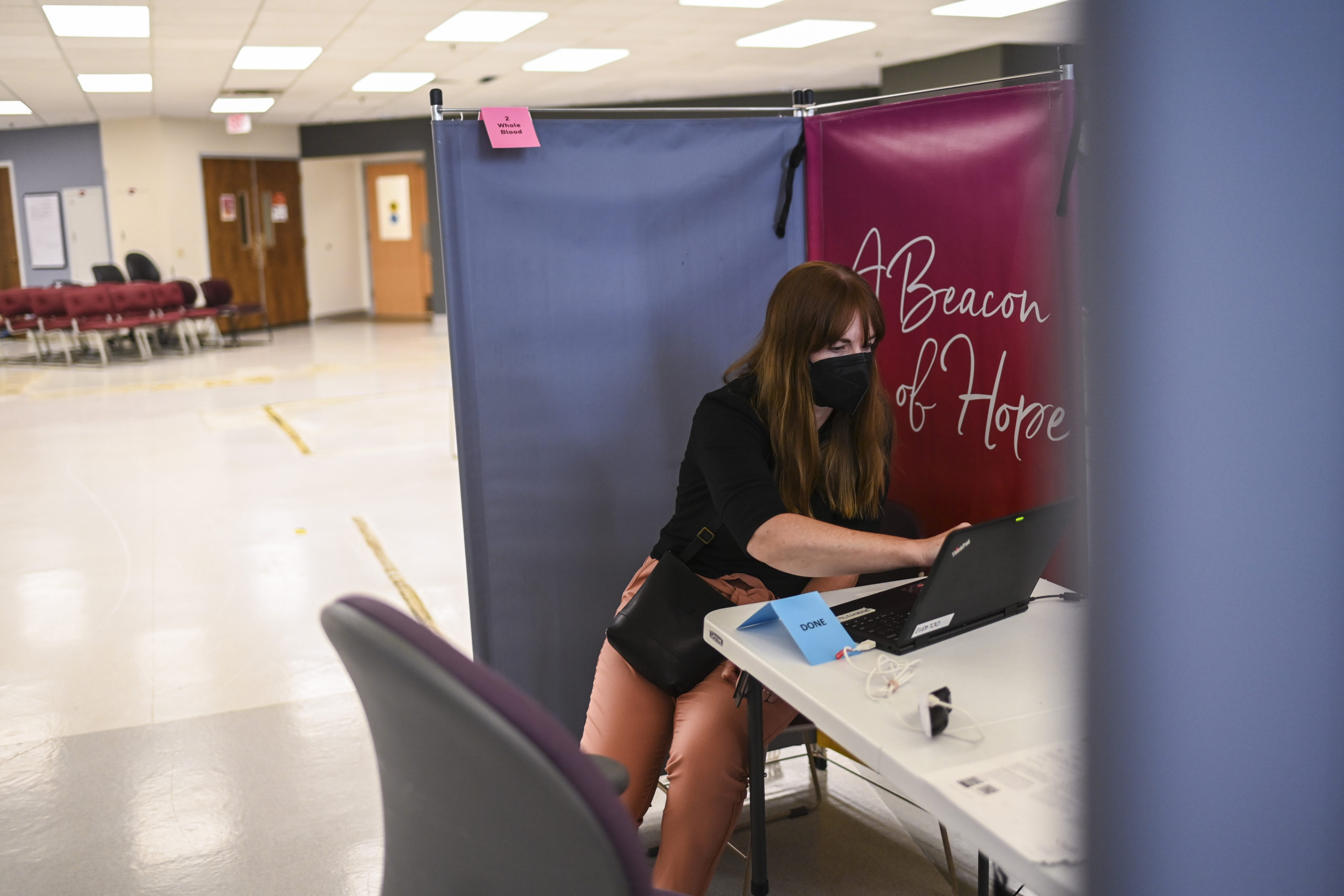
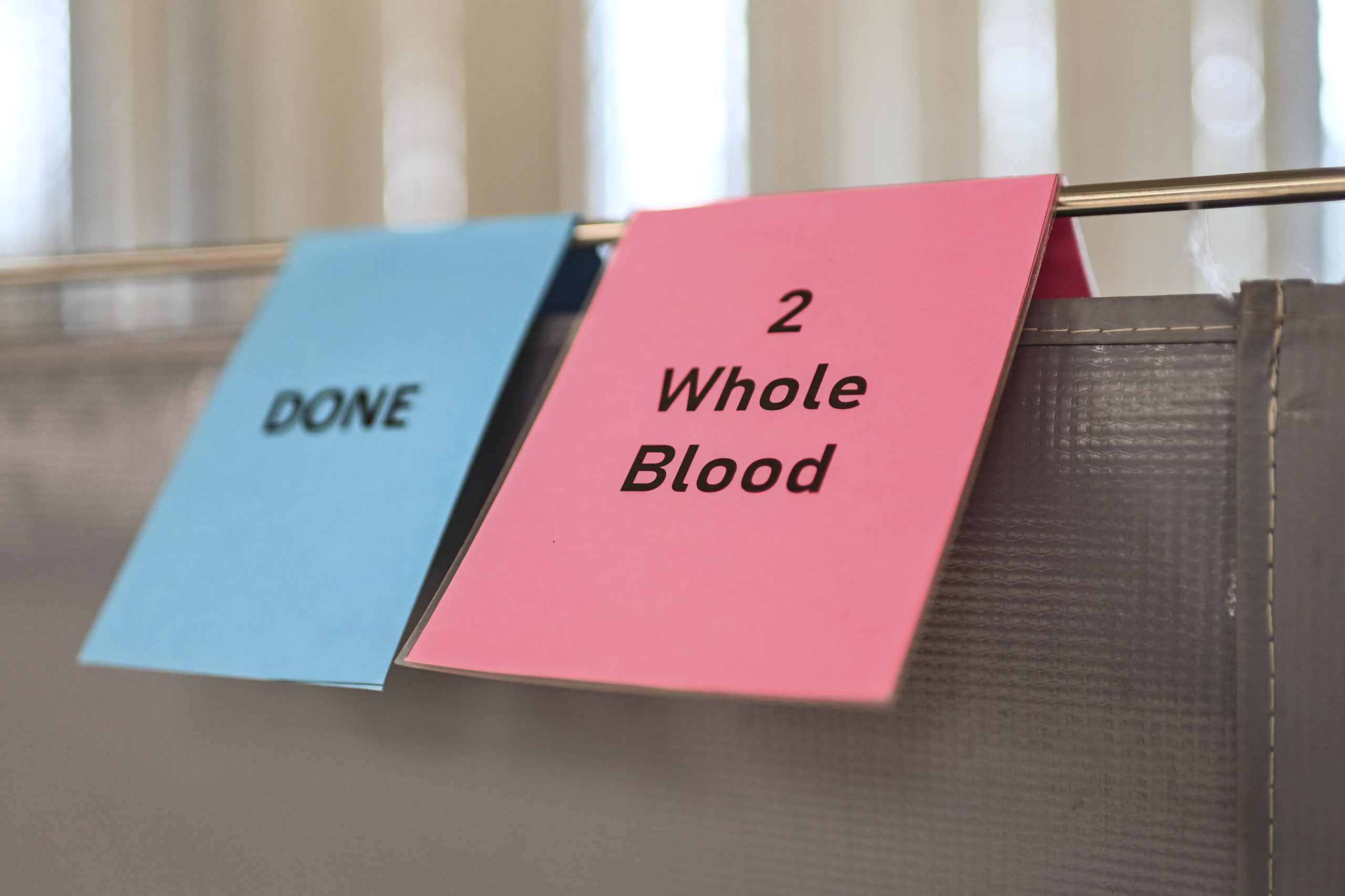

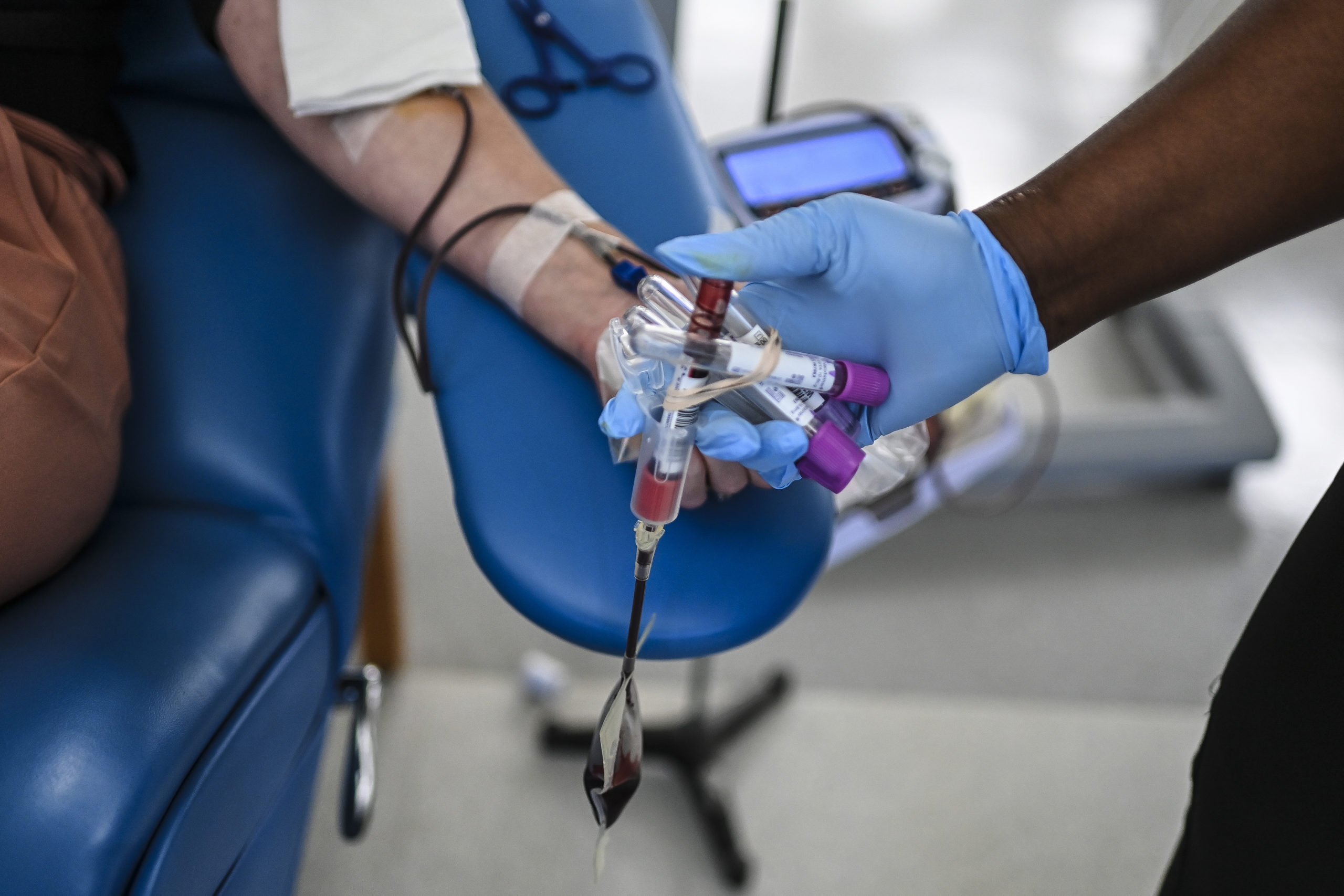
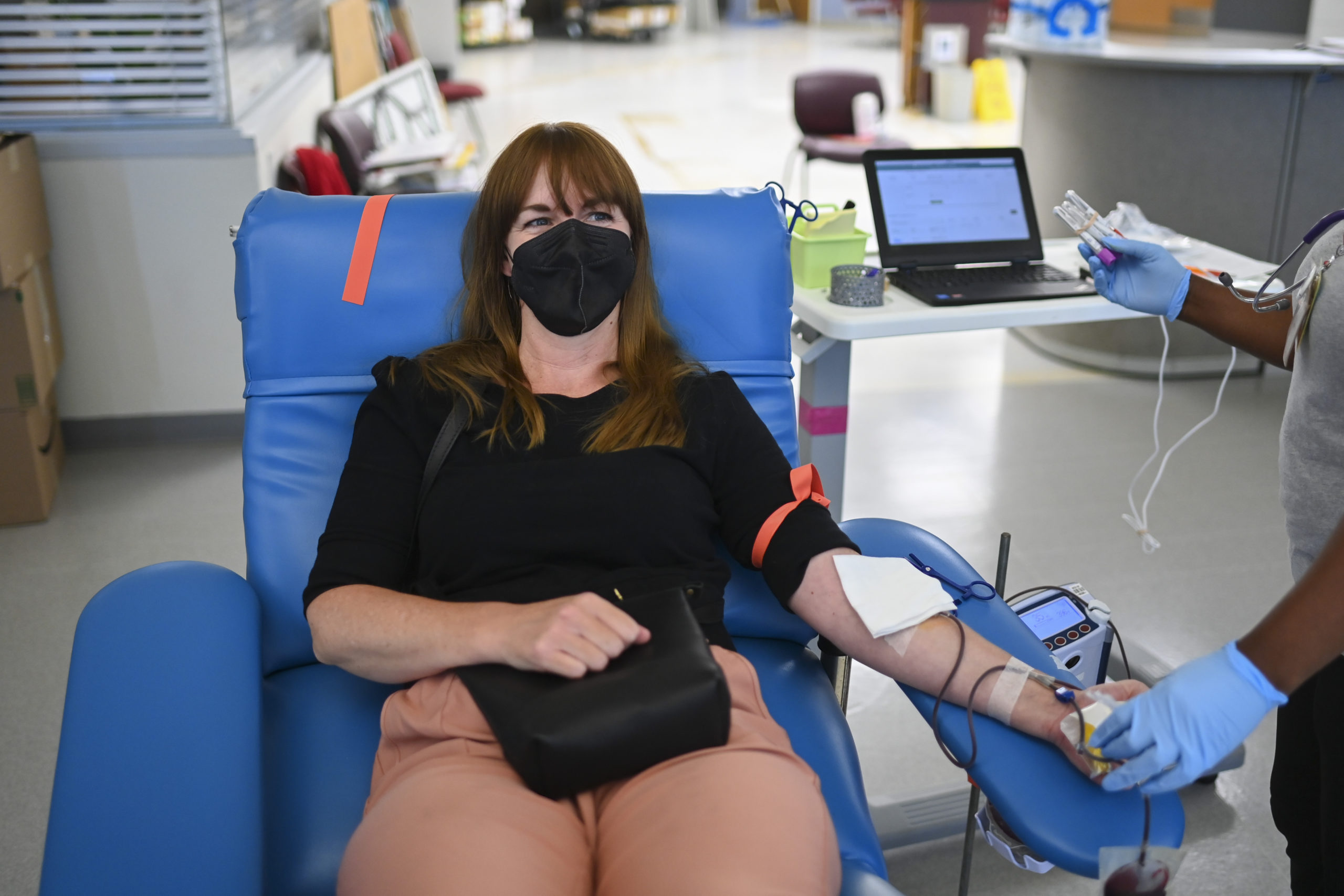
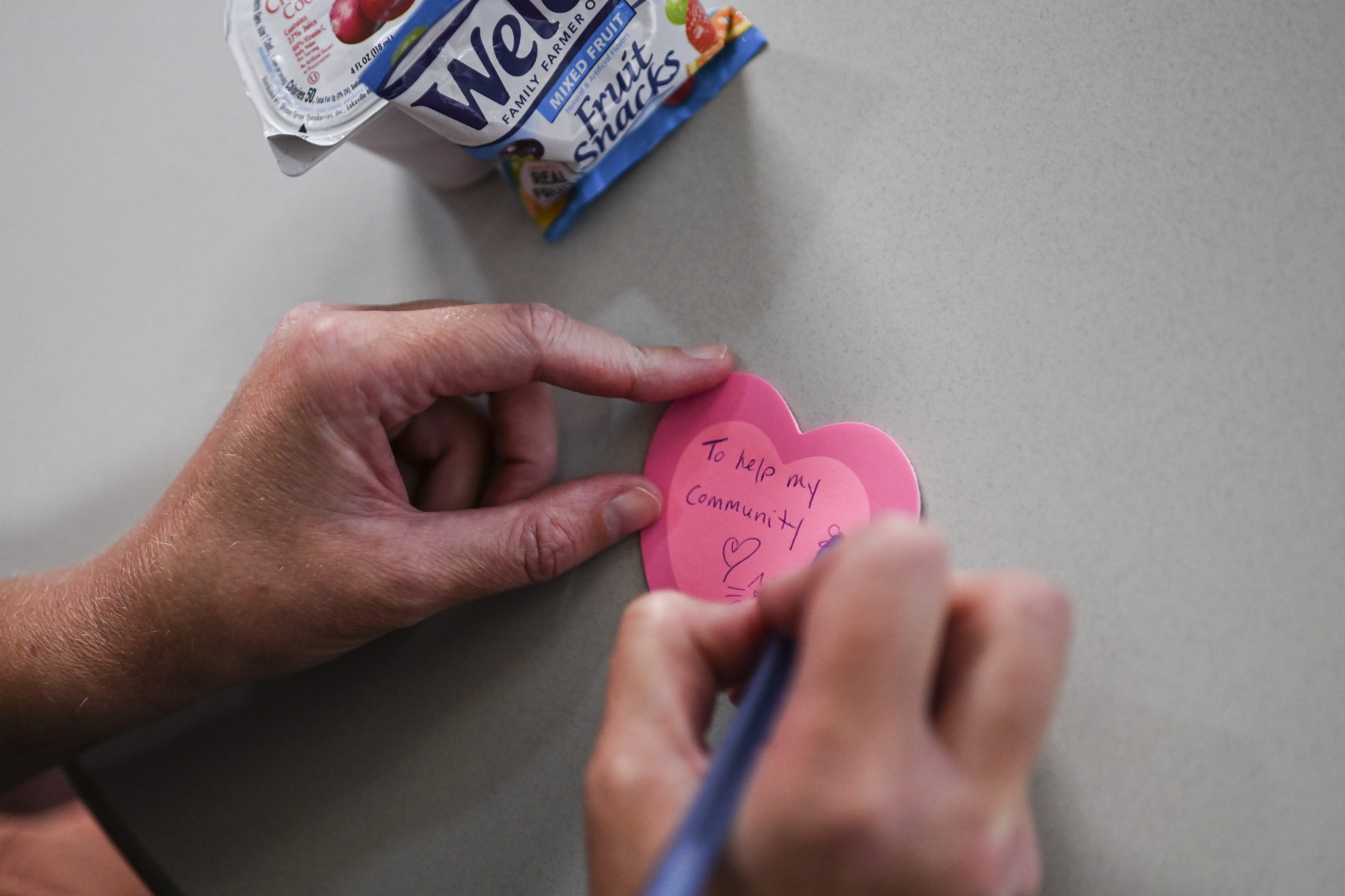
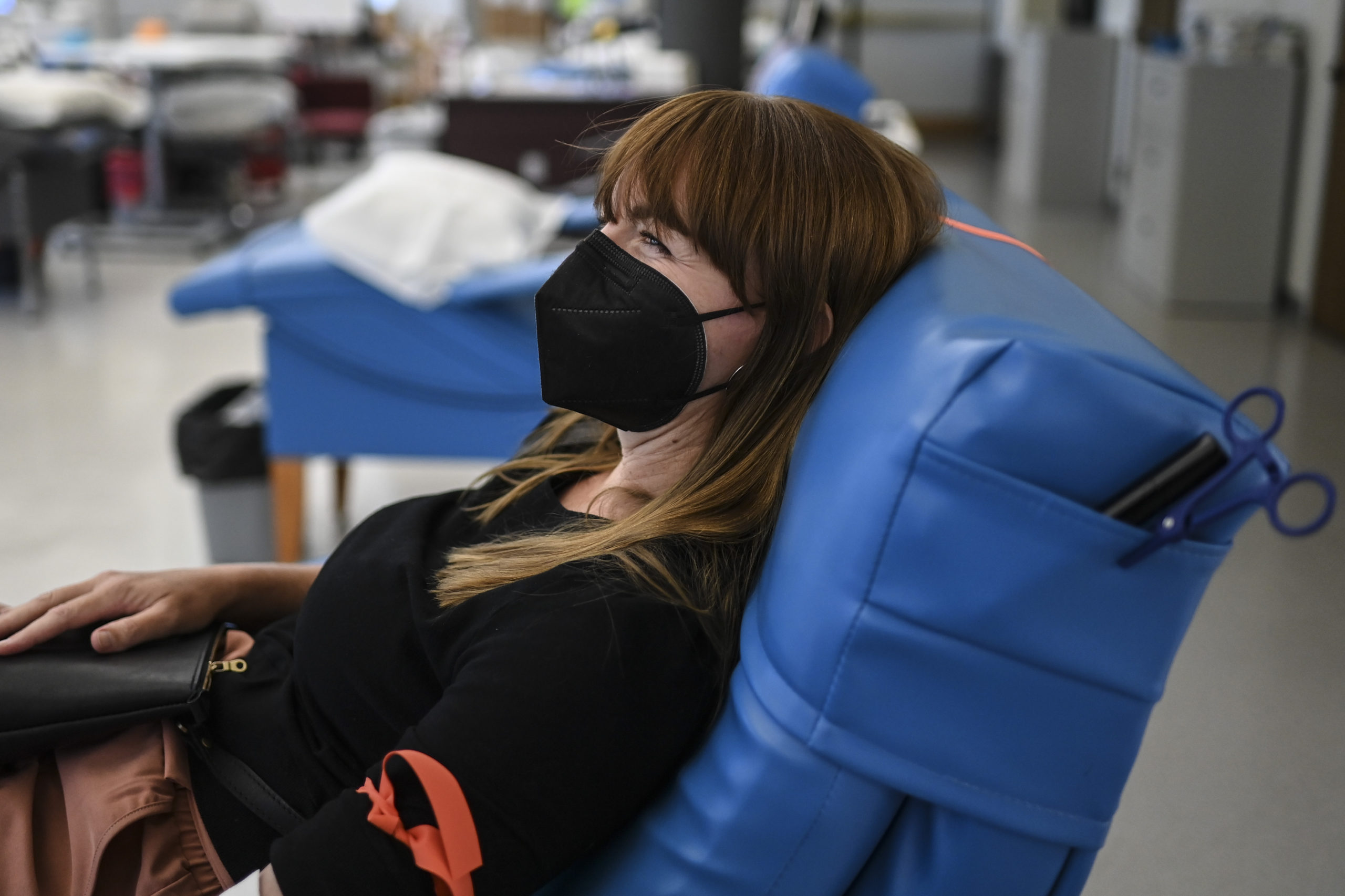
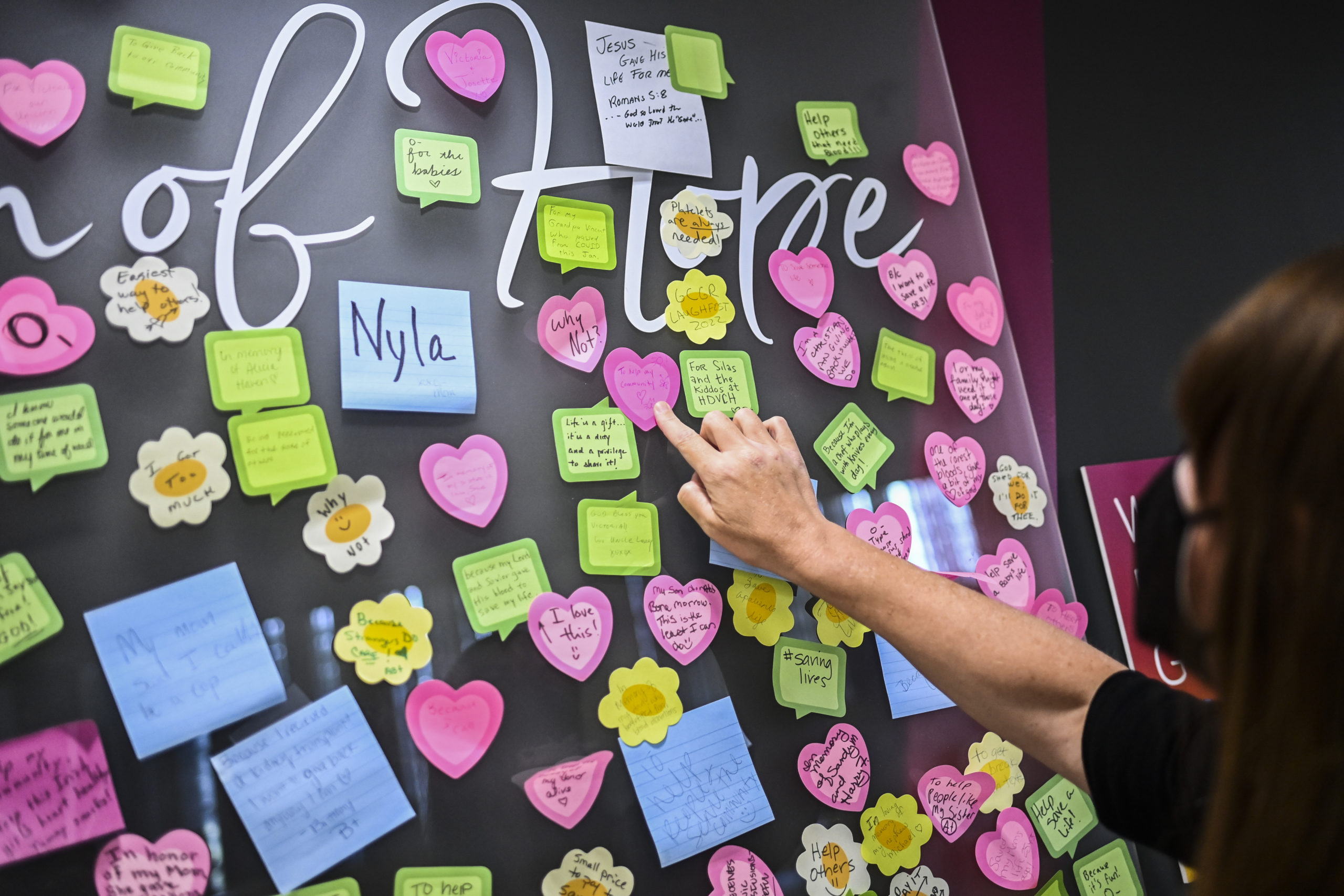



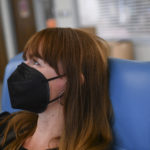
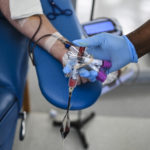
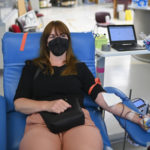



 /a>
/a>
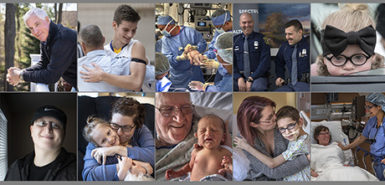 /a>
/a>
 /a>
/a>
Tricia, you are an inspiration to us all. Thank you for sharing your personal story along with a reminder of the importance of giving blood.